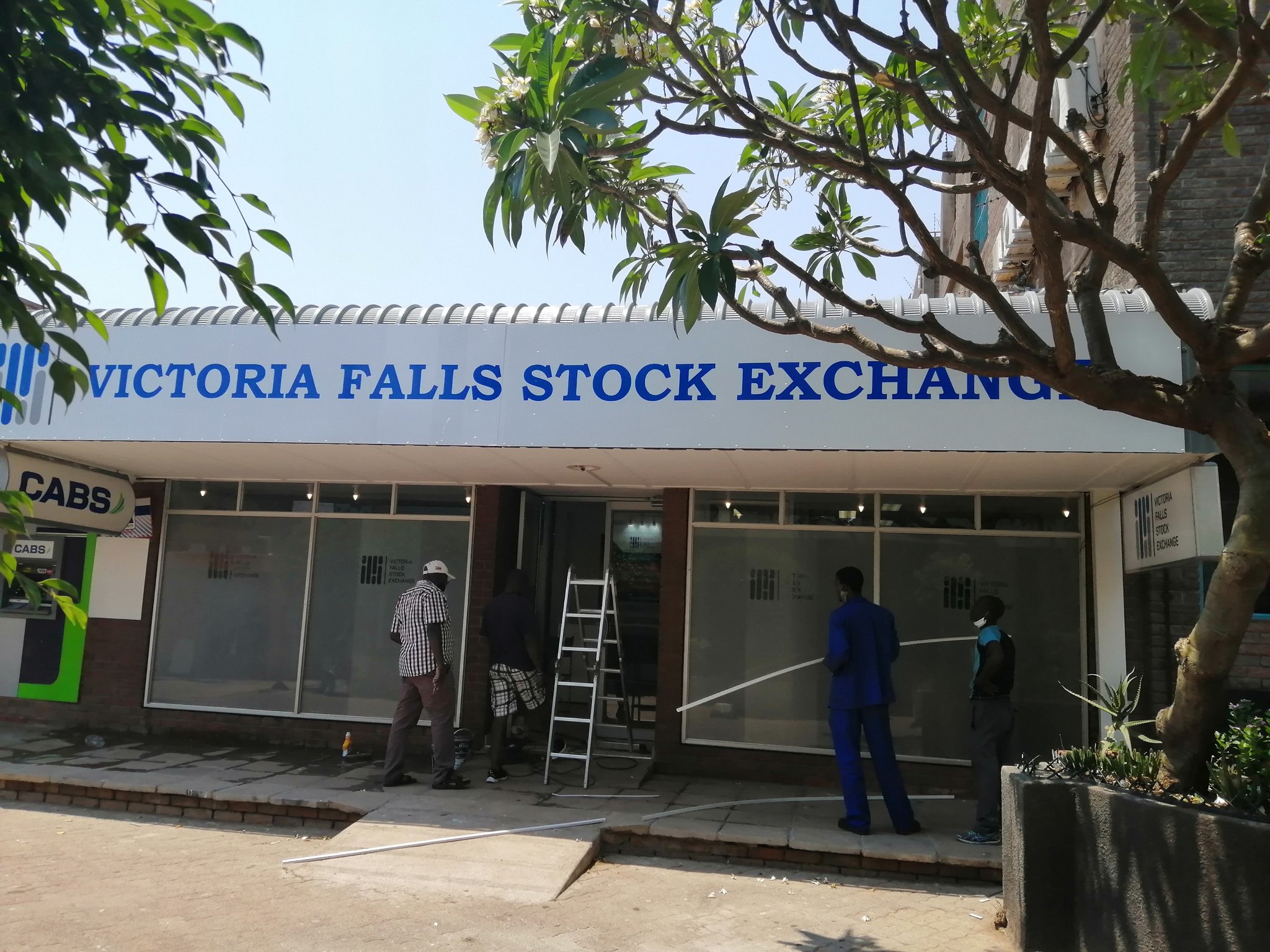RBZ turns down currency board proposal
THE Reserve Bank of Zimbabwe (RBZ) has turned down a proposal to introduce a currency board following the entrenchment of the multicurrency system into law by the Government last year.
An economist, Professor Ashok Chakravarti, who is also a member of the Reserve Bank of Zimbabwe (RBZ) Monetary Policy Committee, last August hinted that policy-makers were debating introducing a currency board.
During a conference in Victoria Falls, he said the currency board meant that the RBZ would be required to back every unit of domestic currency with United States dollars to maintain a fixed exchange rate.
At the time, Prof Chakravarti estimated that this would require around US$700 million in reserves.
In an interview yesterday another economist, Persistence Gwanyanya, who is also a member of the RBZ’s MPC said authorities could not buy in the currency board initiative as Zimbabwe had entrenched the multicurrency system into law.
“We have the multiple currency system until 2025 and that has been entrenched into law so the question of the currency board doesn’t arise currently.
“What we have formally and legally committed is a multiple currency system. I know there are analysts out there who were advocating in favour of the currency board and it’s not the Reserve Bank neither is it the Ministry of Finance and Economic Development. So, we have not committed to anything of that sort,” he said.
In June last year, President Mnangagwa gazetted Statutory Instrument 118A of 2022, which entrenched the multi-currency system until December 2025.
And among other measures, the regulations empower registered lenders, banks or any financial institution that lends foreign currency to receive repayment of the loan or credit in that foreign currency.
In a separate interview, Prof Chakravarti said: “There is no such proposal to introduce a currency board as we now have a dual currency system and that is going to continue for the time being.”
A currency board is used to offer stable exchange rates, which promote trade and investment.
The discipline of a currency board restricts government actions in terms of wasteful or irresponsible governments cannot simply print money to pay down deficits.
Currency boards are known for keeping inflation under control.
At present, the domestic economy is enjoying prolonged stability following a raft of policy measures implemented by the Government.
In the past few weeks, prices of goods and services in the market have been falling while the local currency has been appreciating against the greenback.
This is on the back of policy interventions that include tightening the monetary policy, liberalisation of the exchange rate and the transferring of external sector obligations from the Reserve Bank to the Treasury.
Another economist ,Prof Gift Mugano, said by having a currency board, its admittance that the Central Bank has failed.
“If you look at a currency board, it’s an instrument which will kind of take away the current role of the organisation structure of the Reserve Bank of Zimbabwe, where you put in eminent people across the board even international people to take the same role more like a monetary policy committee.
“The currency board will then set an exchange rate which would be expected to have reserves of foreign currency that should then be able to make sure that money is available.
“The whole essence around a currency board is the issue of credibility; putting in people who are respected so that when they are in office they earn trust of the public and you have faith that if I put my money in the bank you will get it and all the transactions will be in Zimbabwe dollar because you have to be given the money whenever when you want to import and you maintain stability.
“So the implications of that move are: firstly, it implies admittance by the Reserve Bank of Zimbabwe that they have failed as monetary authorities . . . secondly, the idea of fixing an exchange rate, personally I don’t agree with it because will the market accept that.”
He said the refusal by the RBZ to buy into the currency board proposal was a step in the right direction for Zimbabwe as global economics is dynamic.
“The currency board has worked elsewhere but yesterday is not today in the global economic arena, perception, dynamics, behaviour have changed amongst people.
“So you can say it has been used in Bulgaria for example, but we are not Bulgarians, we are Zimbabweans.
“The other thing is that locally we have an economy which is 80 percent informal and those people (illegal foreign currency traders) don’t care whether or not there is a currency board because they earn their living on trading with currency.
“So if one talks of a currency board being successful in Bulgaria it’s because it was a formal economy and you want us to follow what Bulgaria did as an example of where currency boards were used?
“Just like how the SI which stipulates the use of official exchange rate in Zimbabwe has been disobeyed because the bigger market which is not implementing it is the informal sector, the currency board initiative in Zimbabwe will not work,” said Prof Mugano.-ebusinessweekly











